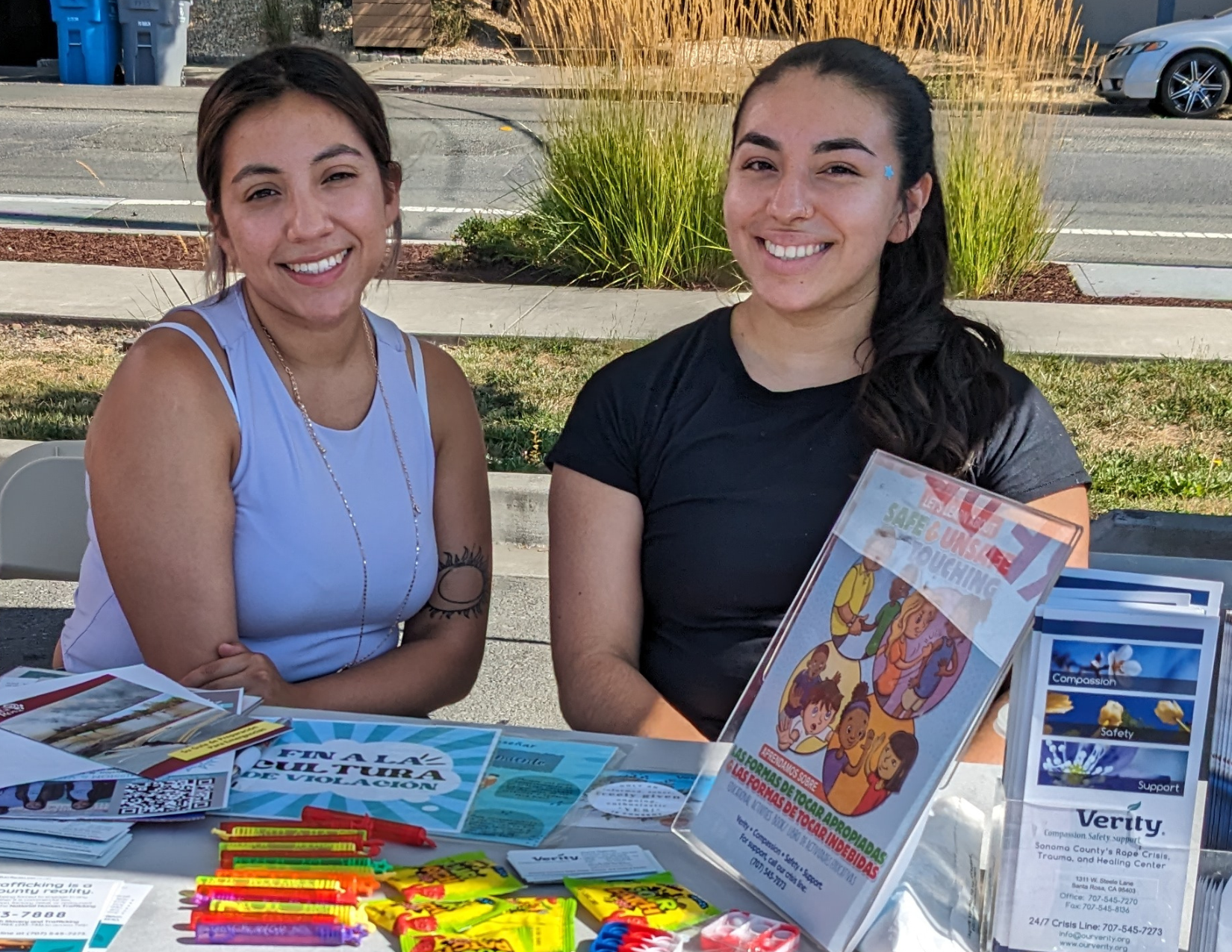As you step onto a vibrant college campus, the thrill of new beginnings and endless opportunities is palpable. However, amidst this excitement lies the “Red Zone”—a period from the start of the fall term to Thanksgiving break when sexual assaults on U.S. college campuses peak. This timeframe, spanning August to November, accounts for more than 50% of college sexual assaults (RAINN). It’s essential to understand and combat the factors contributing to this alarming statistic, focusing on proactive strategies and community support.

Understanding the “Red Zone”
The Red Zone can be attributed to several key factors, including:
- New Environments: First year students adjusting to new surroundings and social dynamics.
- Increased Social Activities: Parties and gatherings mark the beginning of the semester, often accompanied by alcohol use.
- Lack of Awareness: Many students may not fully grasp campus safety resources or the risks associated with certain behaviors.
Recognizing these factors empowers students to prepare and safeguard themselves during these high-risk months.
A Proactive Approach: Bystander Intervention and Safety Strategies
Instead of merely reacting to incidents, building a culture of proactive bystander intervention and community awareness can help to mitigate risks during the Red Zone:
- Empower Bystanders: Encourage students to intervene safely and effectively when they witness potentially harmful situations. This could mean stepping in to prevent sexual harassment or ensuring friends get home safely. Check out this article to learn more about safe bystander intervention.
- Educate and Engage: Promote awareness campaigns that educate students on recognizing and addressing behaviors indicative of rape culture. Engaging discussions and workshops can empower students to create safer social environments.
- Promote Inclusive Spaces: Advocate for inclusive campus policies and spaces that prioritize safety and respect for all individuals, regardless of gender or background.
A Proactive Approach: Bystander Intervention and Safety Strategies
Instead of merely reacting to incidents, building a culture of proactive bystander intervention and community awareness can help to mitigate risks during the Red Zone:
- Empower Bystanders: Encourage students to intervene safely and effectively when they witness potentially harmful situations. This could mean stepping in to prevent sexual harassment or ensuring friends get home safely. Check out this article to learn more about safe bystander intervention.
- Educate and Engage: Promote awareness campaigns that educate students on recognizing and addressing behaviors indicative of rape culture. Engaging discussions and workshops can empower students to create safer social environments.
- Promote Inclusive Spaces: Advocate for inclusive campus policies and spaces that prioritize safety and respect for all individuals, regardless of gender or background.

Title IX: Your Rights and Resources
Title IX is a vital federal law protecting students from sexual discrimination, harassment, and violence on campus. Understanding your rights under Title IX empowers you to seek support and take action if you experience or witness sexual misconduct.
About Verity: Supporting Campus Safety for 50 Years
Verity is committed to providing comprehensive support and education to promote campus safety and well-being in Sonoma County. Our services include crisis intervention, advocacy, and educational programs aimed at preventing sexual assault and supporting survivors.
Take Action
As we navigate the Red Zone together, let’s embrace a proactive stance against sexual violence. Stay informed, be an active bystander, and reach out to Verity for support and resources. Together, we can create safer campuses for all.
Understanding these factors can help students better prepare and protect themselves during these high risk months.
Local Resources:
Verity – Sonoma County’s Sexual Assault Prevention, Intervention and Healing Center
24/7 Support & Crisis Line: (707) 545-7273
Santa Rosa Junior College:
- District Title IX Officer: (707) 527-4954
- Student Health Services (Confidential): (707) 527-4445
- District Police Department: (707) 527-1000
Learn more about Title IX or file a report with SRJC here.
Sonoma State University:
SSU Confidential Advocate: Kellie Douglas
Phone: (707) 664-2698
Email: [email protected] (link sends e-mail)
Availability: Monday-Friday, Campus Hours
Location: Noma Cares Central – Zinfandel 130
Student Health Center: 707 664-2921
Counseling & Psychological Services – 707 664-2153
SSU Police are available 24 hours per day, 7 days per week. They are located in Verdot Village and can be reached by dialing 911 from on campus, or by calling 707-664-4444. They can facilitate contact with the appropriate law enforcement agency if the assault happened in an off-campus jurisdiction.


Recent Comments